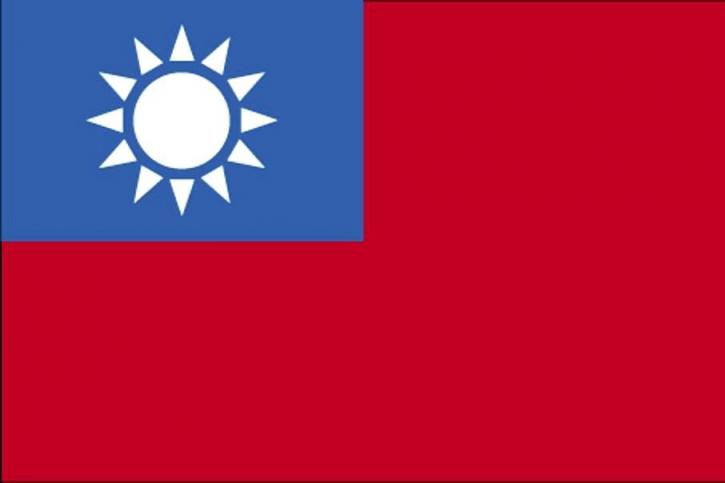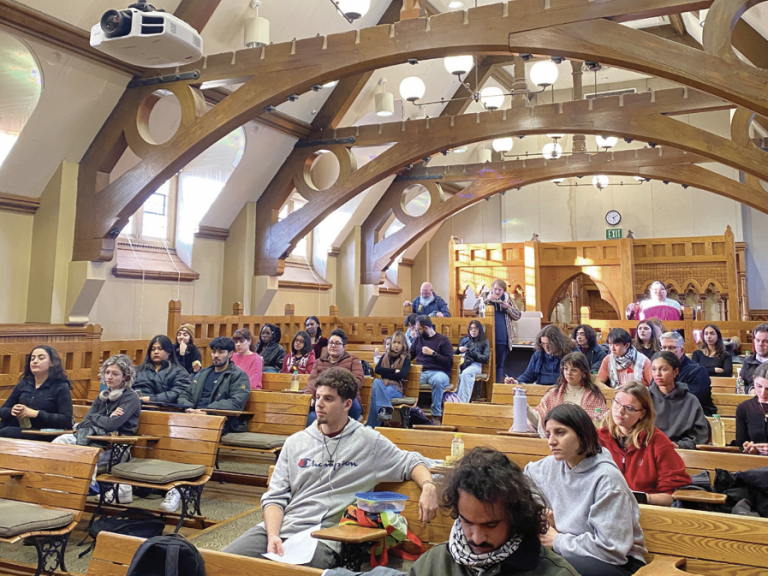Amanda Hausmann ’21
News Editor
On Friday, February 1, at an event in the Asian American Student Association (AASA) house celebrating a pre-Lunar New Year, the Taiwanese flag was taken down. Summit Fellow for International Student Support Noah Weber placed the Taiwanese flag back to its original position. Since then, Weber, members of AASA, the Deans, and other members of the Trinity community have engaged in discussions about this incident and its repercussions. Today there is ongoing controversy over the political status of Taiwan, after the Chinese Civil War which led to the separation between the People’s Republic of China and Taiwan, also referred as to the Republic of China.
Weber was not in the room when the flag was taken down and says, “I do not know clearly the thought process or intention behind what led it to be removed, but what I want to emphasize is that since that Friday night, we have been engaging the main actors and the people affected by what happened in conversation that has been difficult, but constructive.”
As to why Weber took action to put the flag back, he says “I felt as a community member it was important to keep the space as it was when I entered it.” Weber did not comment on if any formal disciplinary action will be taken but stated, “what I think the College is most keen on is continuing to work with the students to try and unpack what is really a complicated problem and a problem that many different people will view and understand very differently from each other. Because of these many different perspectives on what happened, we’re more keen as a College to have students continue to challenge other students to think about those differences and the many different ways of looking at a topic like this.”
Weber has met with the Deans and says they have “agreed that the fundamental key is that ensuring that the College remains a place that values inclusivity and that as we move forward on uncomfortable situations like these, that that remains the bottom line.”
AASA President Jitty Synn ’19 echoed Weber’s support for productive communication surrounding this issue, stating “It’s important that we are having these conversations with the students and faculty members about the issue. It’s important to understand that we, as a student organization on campus that represents Asian students, try to include all cultures and nationalities, and create AASA as a safe space for that. This sometimes comes with difficult and uncomfortable conversations; however, I think we are moving toward the right direction in developing a more comfortable and understanding environment for all students.”
In addition to conversation, some Trinity students have expressed a need on the College’s behalf to react with more agency. Regarding the administration’s response to this incident, AASA member Hendrick Xiong-Calmes ’22 states, “I cannot dismiss the efforts of the offices that concern the International community here at Trinity. That being said, I do not believe enough is being done to eradicate culturally-exclusive spaces on campus where the nationality of students is a barrier, rather than an identity to embrace. I feel if there was more of an effort on different communities on campus to include the International Asian community in AASA, this incident would have never happened.” Xiong-Calmes adds, “It is quite disheartening that an incident of this nature had to occur for this realization to occur. This incident highlights cultural ignorance on campus, and only furthers Trinity’s history with flags.”
Synn further emphasized the significance of this act, stating, “The flags in AASA represent generations of alumni, current students, and future students that have and are presently on campus. It’s important to recognize that this is our home and we need to respect all cultures equally and fairly.”
Moving forward, Weber “encourages the school, as well as the students involved, to not look at this issue as what happened on Friday at the AASA house, but more along the perspective of recognizing that there’s a lot of history and background informing the events, and the most important thing is to realize that we’re all in the process of dealing with ramifications. I don’t see it as the most valuable use of our time to ‘hone in on’ the specific scenario when so much is involved and we’re working to unpack all of that.” Xiong-Calmes says, “Regardless of how you cut it, something has to be done to create more acceptance for the international community here at Trinity.”





+ There are no comments
Add yours